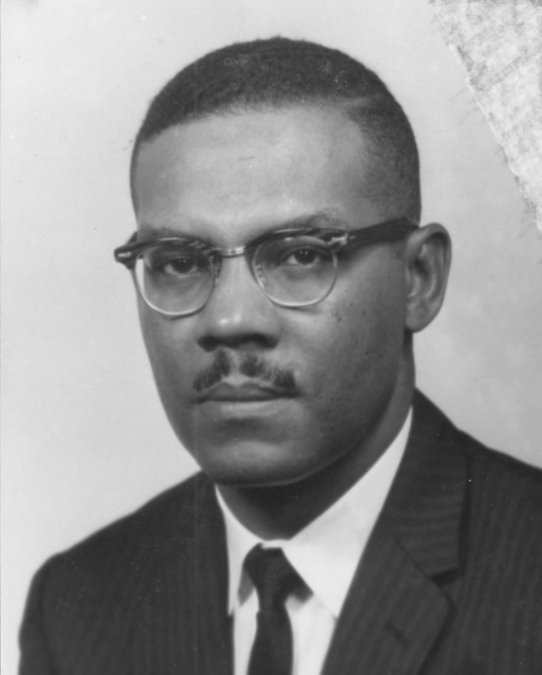R/V Gilbert R. Mason
The National Science Foundation (NSF) is building three new Regional Class Research Vessels (RCRV) to add to the United States Academic Research Fleet (ARF). The RCRVs are state-of-the-art research vessels with more modern technology and abilities than their predecessors. Each vessel is a cutting-edge platform designed to help scientists and educators obeserve and understand a complex range of oceanic phonomena.
All three vessels are being built in Terrebonne Parish at Gulf Island Fabrication in Houma, Louisiana. The first two RCRVs have been awarded to Oregon State University (West Coast) and the University of Rhode Island (East Coast). The third vessel will be operated by the Gulf-Caribbean Oceanographic Consortium (GCOC) co-led by LUMCON and the University of Southern Mississippi (USM). The R/V Gilbert R. Mason is slated to be completed in 2023 and will become fully operational after a year of rigorous sea trials. The awarding of this vessel to GCOC will substantially increase the capability of groups to conduct oceanographic research throughout the entire Gulf of Mexico.
The R/V Gilbert R. Mason and the other RCRVs will be 199 feet in length and capable of taking a complement of 29 crew and scientists to sea for 21 days. They will be fully equipped to complete ocean crossings and operate in light ice. Science systems include a suite of advanced over-the-side handling equipment, acoustic multibeam bottom mapping and other SONAR systems, interfaces for specialized laboratory vans, a unique piston coring launch and recovery apparatus, and onboard telecommunications and networking instrumentation to create a “datapresence” capability allowing the collection, processing and sharing of a multitude of environmental data with shore-based researchers and educators in real-time.
Gulf-Caribbean Oceanographic Consortium Mission and Vision Statements:
Mission: Provide Support, infrastructure, facilities, expertise and staff to operate a RCRV to conduct oceanographic research, education and outreach across the Gulf of Mexico, Caribbean Sea and Atlantic Ocean.
Vision: A national leader for scientifically and societally relevant oceanographic research and interdisciplinary collaboration through use of a RCRV in the Gulf of Mexico, Caribbean Sea and Atlantic Ocean.
Gulf-Caribbean Oceanographic Consortium Associate Member Insitutions:
• Texas A&M University (College Station, Galveston and Corpus Christi)
• University of Texas Marine Science Institute
• Lamar University
• Louisiana State University
• Tulane University
• Dauphin Island Sea Lab
• University of Miami
• Harbor Branch Oceanographic Institution of Florida Atlantic University
• University of Puerto Rico
• University of the Virgin Islands
• Florida State University
• University of South Florida
• University of Georgia
• and the Centro de Investigación Científica y de Educación Superior de Ensenada.
About Gilbert R. Mason
 For decades until his death in 2006, Dr. Gilbert Rutledge Mason Sr. was a pioneering Civil Rights leader and physician to the mariner community along the Gulf Coast. The slogan for the ship will be aequa mari, meaning equal access to the sea, to honor his life’s work and legacy.
For decades until his death in 2006, Dr. Gilbert Rutledge Mason Sr. was a pioneering Civil Rights leader and physician to the mariner community along the Gulf Coast. The slogan for the ship will be aequa mari, meaning equal access to the sea, to honor his life’s work and legacy.
“The National Science Foundation has a long history of advocating for inclusion in research, knowing that inclusive science yields the most complete perspectives and outcomes,” said Terrence Quinn, NSF’s Division Director for the Division of Ocean Sciences. “Commemorating Dr. Mason’s life and achievements will be a good reminder that this NSF-owned research vessel will not only open the waters to further discovery, but it will open opportunities for a wide range of researchers.”
Against great odds, Dr. Mason followed a dream of science in service to the nation. He practiced medicine in the vibrant, working class neighborhood of East Biloxi from 1955 to 2002. A champion swimmer who delighted in coastal seascapes, Mason discovered the segregated beaches of his new hometown denied his family access to the ocean. From 1959 to 1963, at great risk to his life, he led public “wade- ins” in Biloxi to open beaches to all citizens. His efforts led to repeated arrests, bombings, and reprisals.
Equal access to the sea brought Dr. Mason to prominence. He and wife Natalie Hamlar Mason shared a concern for equal access to education. That concern led Dr. Mason to file one of the first school desegregation suits in the Deep South. As a result, in 1964, Biloxi’s public schools became the first in Mississippi to desegregate. The Masons’ son, Gilbert R. Mason Jr. was named in the suit, and as a direct consequence of its success, Mason Jr. found a path to a career in medicine. Mason Jr. studied medicine at Tulane University in Louisiana and is retired from a career dedicated to providing health access to the mariner community of the Gulf Coast.
Inspired by the Mason family legacy, LUMCON is excited for the next steps, leveraging the RCRV and the consortium’s programs to expand and develop opportunities for those currently underserved in science. LUMCON is dedicated to honoring the elder Dr. Mason’s memory with a commitment to accessible oceans and science for all the communities of the Gulf and Caribbean.
Watch as the RCRV Taani (the first of the three RCRVs) is built.
Oregon State University has installed 3 cameras at Gulf Island Fabrication and are steaming live to YouTube.
Click on the bottons below to watch the construction.
